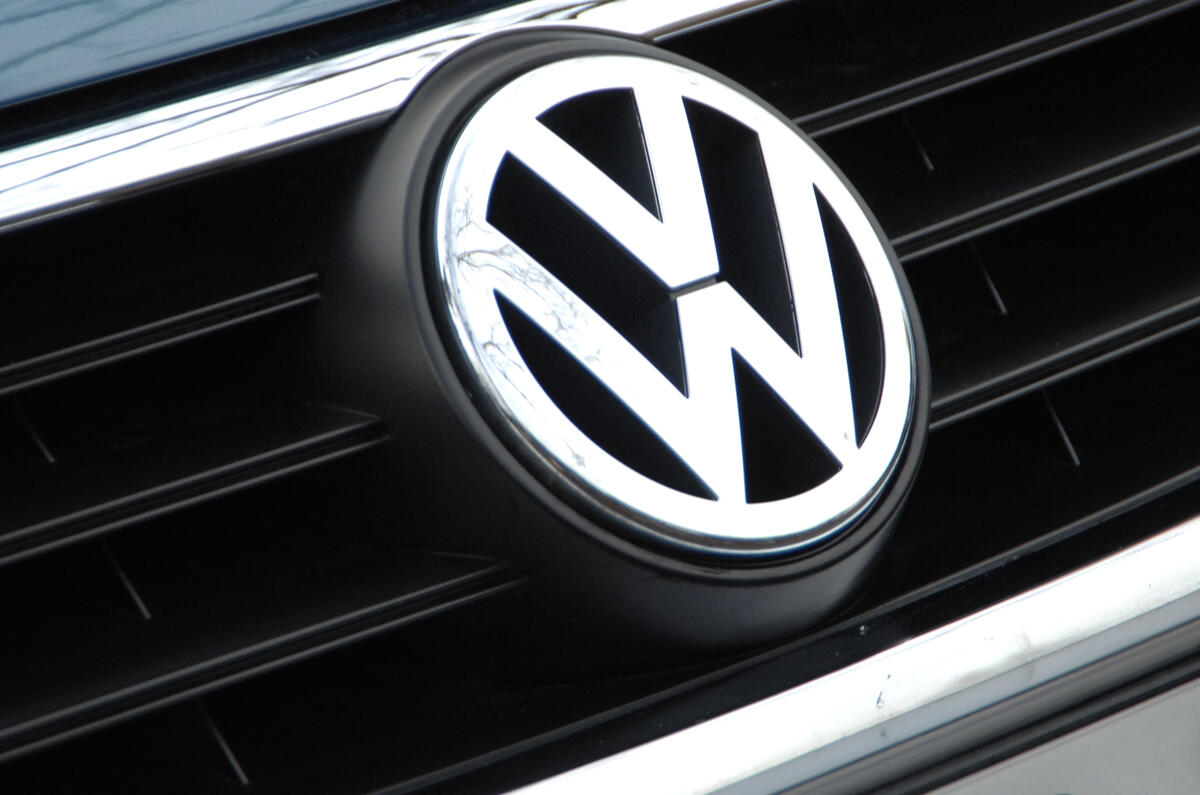The VW emissions scandal started in the United States, but the firm has since announced that up to 11 million vehicles globally have been sold with the EA-189 engine that could feature the electronics and, potentially, the software used to cheat in testing.
Does the VW emissions scandal affect UK cars?
Potentially - but only potentially. Volkswagen has admitted that it has sold 11 million cars globally with the EA-189 engine at the centre of the controversy. But it’s unclear if all of those engines had precisely the same software installed on them - and, if they did, whether the system could even be used to get around the EU tests that govern the cars sold in the UK.
The UK’s motor industry body, the Society of Motor Manufacturers and Traders (SMMT) has issued some robust rebuttals on the matter. Its most recent statement said: “The UK automotive industry understands the concerns consumers may have following the actions of one manufacturer in regard to emissions testing and the subsequent decision to recall a large number of its cars. This is, however, an issue affecting just one company and there is no evidence to suggest that any other company is involved, let alone that this is an industry-wide issue.”
So that’s it, then?
Not quite. The investigations into the practice are spreading across different regions, and we’ve already seen enquiries announced in Germany, France, Italy and Canada. The UK Transport Secretary Patrick McLoughlin said yesterday: “We are closely monitoring the situation. It’s vital that the public has confidence in vehicle emissions tests and I am calling for the European Commission to investigate this issue as a matter of urgency.”
The best-case scenario, then, is that the reason the VW scandal blew up in America is because the EU testing process and regime is so much more rigorous that the software couldn’t make a difference here. The worst-case scenario is that ultra-thorough regulators in the US have picked up an issue that has passed the EU bodies by. The SMMT is technically correct in saying that no evidence of a more widespread problem has been found, but it’s a fast-developing situation and the digging has only just begun.
Does this explain why my car doesn’t match its official fuel economy figure?
If you’ve been listening to the radio or watching television, you could be forgiven for thinking that the VW scandal is the magic bullet that explains the age-old shortfall between the official fuel economy figures and what modern cars achieve in real-world use. In fact, the VW story is about the NOx particulate emissions that affect city-centre air quality, not CO2 emissions or fuel economy. All of the current noise about rethinking the EU emissions tests - including the industry saying that it has seeking agreement on a test that is more representative of real-world conditions - is actually old news and has little, if anything, to do with VW cheating in the American NOx test.
Read more on the Volkswagen emissions scandal:
How the Volkswagen story unfolded
How VW's 'defeat device' works







Join the debate
Add your comment
Wake up and smell the NOx people...
As a Petrolhead and Diesel Aficionado
All VW owners have benefited by their attempts to manipulate emissions testing. BUT VW Owners should understand that there is a major conflict of interest facing auto makers. The more efficient the Diesel engine, the greater the NOx levels. The cure is Water Injection (WI)to reduce combustion temperature AND/OR Exhaust Gas Recirculation (EGR) that reduces Oxygen levels in the combustion chamber.
Both WI & EGR reduce the economy & power of the efficient diesel engine.
Conclusion:- What id good for the customer does not help emissions control. Which do you want. Actually it is theoretically possible to implement WI & EGR in urban driving and reduce NOx levels by 60%.
global warming fanatics